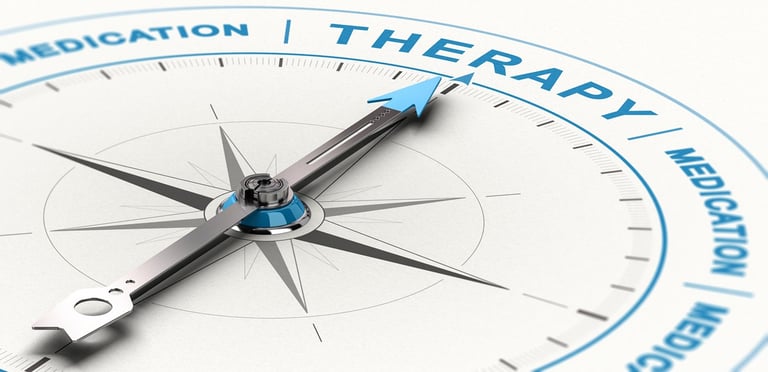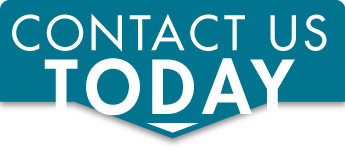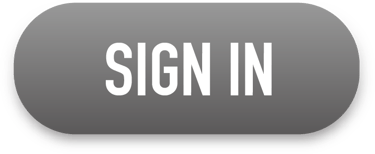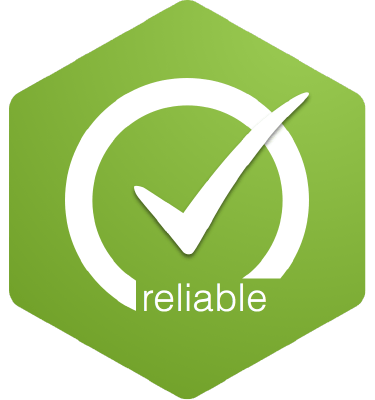
At the Joy of Life Clinic, we combine expert medical treatments with cutting-edge psychotherapy to address a wide range of mental health needs. Come with us as we outline our primary treatment modalities and how we integrate thorough medical and mental health evaluations to ensure personalized care.
The result is that we provide the highest possible standard of mental health care to every client.


First, we do thorough medical and psychiatric evaluations
We examine you completely and uncover your needs and create the best treatment plan with you.




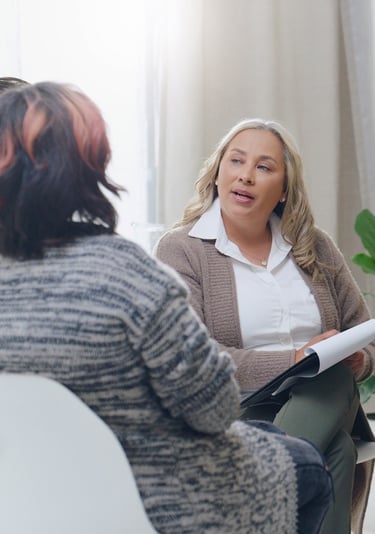

Comprehensive Assessments
Before initiating treatment, we conduct thorough evaluations, including;
Physical exams
Lab tests (ordered from Maryland-accredited labs), and
Detailed psychiatric assessments.
This holistic view helps us understand the underlying biological, psychological, and social factors influencing your health. Our comprehensive approach may also lead to multiple diagnoses to address all the challenges.

We use four psychotherapy approaches
Psychodynamic Therapy
Cognitive-Behavioral Therapy (CBT)
Humanistic Therapy
Eclectic Therapy


Top rated by 100+ clients
★★★★★
1. Psychodynamic Therapy
What It Is: Psychodynamic therapy delves into unconscious processes and seeks to understand how these hidden emotions affect current behavior. This method extends beyond traditional Freudian techniques to help patients uncover deep-seated feelings and resolve them.
When We Use It: We find this approach particularly effective for individuals dealing with depression or anxiety that stems from unresolved conflicts or past traumatic experiences.
2. Cognitive-Behavioral Therapy (CBT)
What It Is: CBT is a structured, short-term therapy that is goal-oriented. It focuses on solving current problems and modifying dysfunctional thinking and behavior.
When We Use It: We find this approach ideal for treating phobias, depression, anxiety, obsessive-compulsive disorder (OCD), and eating disorders. For instance, we find that a patient with panic disorder may benefit from CBT to reframe their thoughts during panic attacks and reduce their frequency.
We frequently find Dialectical Behavior Therapy (DBT), based on CBT, ideal for treating several conditions like Anxiety and Depression, Borderline Personality Disorder (BPD), Post-Traumatic Stress Disorder (PTSD), Substance Use Disorders, Eating Disorders, including Binge Eating Disorder and Bulimia, and when someone is considering self-harm and exhibiting suicidal behaviors.
3. Humanistic Therapy
What It Is: Humanistic therapy emphasizes personal growth and self-awareness. It fosters an environment where clients can explore their feelings in a non-judgmental setting, promoting self-discovery and positive self-regard.
When We Use It: We find that this approach therapy is beneficial for individuals feeling lost in life or struggling with self-esteem issues. It helps them to realize their strengths and potential through a process of self-discovery and personal growth.
4. Eclectic Therapy
What It Is: Eclectic therapy integrates techniques from various psychotherapeutic approaches tailored to the client's needs. This flexible approach allows therapists to apply the most effective methods to address specific client issues.
When We Use It: We find this approach useful for complex cases where multiple issues are present, such as a patient with co-occurring substance abuse and bipolar disorder.

Medication Management
Depending on the diagnosis, we may prescribe medications such as antidepressants, mood stabilizers, or anti-anxiety drugs. We find that combining medication with psychotherapy can be more effective than either approach alone, for example, in cases like severe depression or schizophrenia. Medication can reduce symptoms, while psychotherapy helps the patient develop coping strategies.
We follow our prescription policy and are vigilant about the potential for substance abuse. Our careful management of prescriptions, particularly for opioids and other controlled substances, ensures that you not only receive the best treatment possible, tailored to your needs but do so in the safest possible way.
Our integrated care strategy helps bring back your joy of life!
You didn’t come this far to stop
We Monitor Your Progress and Make Necessary Adjustments
Regular follow-ups ensure that treatments are effective and adjusted as needed, providing continuous support and maximizing recovery.
We Provide Education and Support
We offer educational sessions for patients and families to understand their conditions better, enhancing treatment efficacy and engagement.

Our clinic provides comprehensive and empathetic care tailored to each individual's needs. By understanding and integrating different therapeutic approaches and conducting thorough evaluations, we equip our patients with the tools they need for a healthier future.
We are committed to your journey or that of your loved one toward recovery and well-being..
Our Contact Information
If you would like to contact us to understand more about our treatment modalities or wish to contact us concerning any matter relating to your mental health needs or those of your loved ones, or any other need, you may send an email to admin@jolclinic.com.
We also encourage our visitors and clients to read or terms and conditions or general policies.

Home | About Us | Our Services | Blog | Terms & Conditions | Privacy | Telehealth | Forms & Resources | Appointments | Log In | Site Map | Contact Us
BY APPOINTMENT ONLY | NO WALK-IN
BEST WAY TO CONTACT US
Sign In to your account or Fill out the Contact Form or Appointment Form
or
Send us an Email at admin@jolclinic.com
Tel: (410) 231-3118 | Fax: (410) 262-6911
PATIENT RECORDS
To request your patient records, please sign in or go to the patient records information page.
Copyright © 2024 by the Joy of Life Clinic LLC.
4900 Belair Road
Baltimore MD 21206

